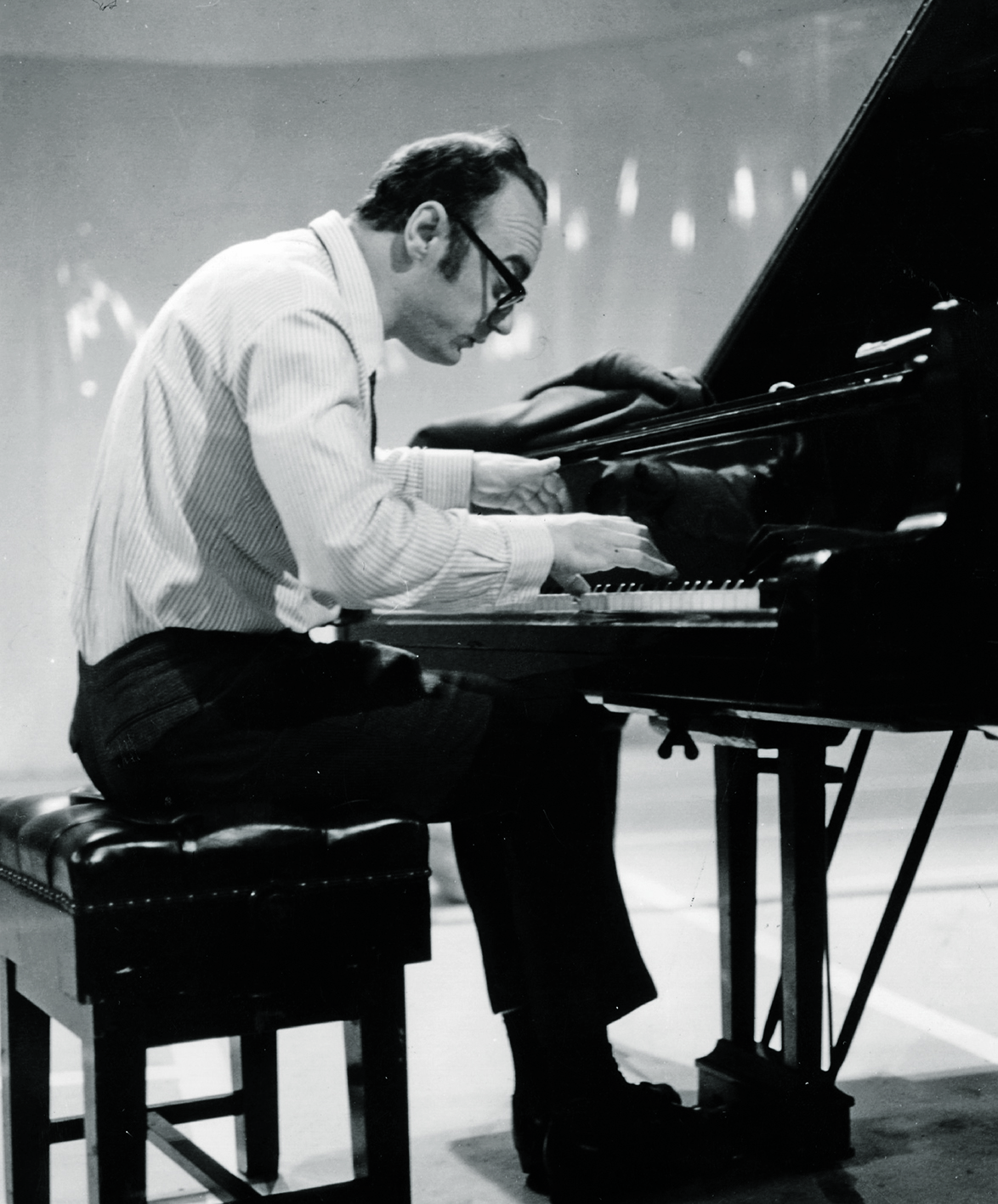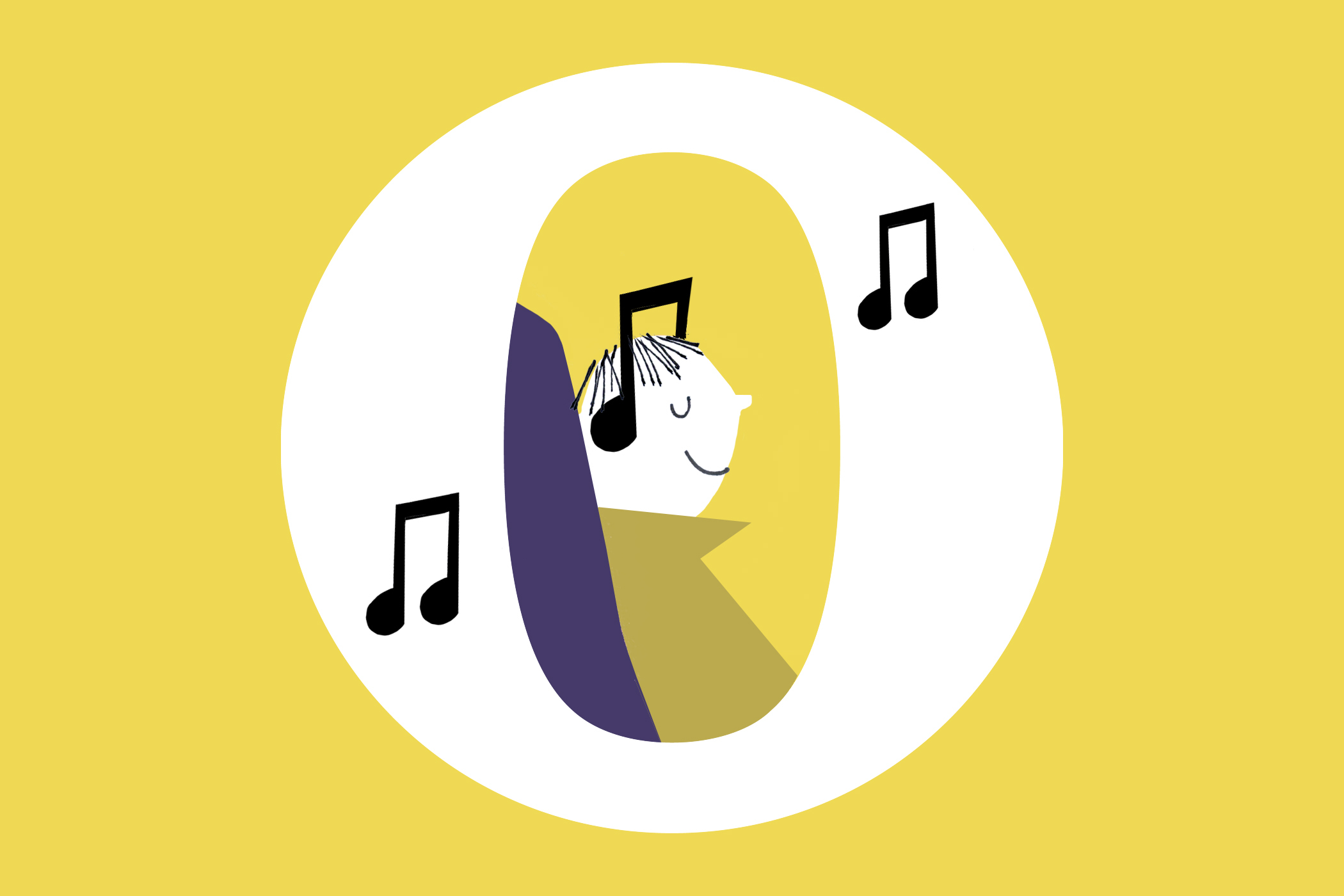“The better we know a work,” Alfred Brendel said, “the more it surprises us.” That may explain why one of the best-loved postwar pianists kept returning to pieces, such as making three recordings of Beethoven’s 32 sonatas. He thought afresh about every dot and slur, hoping to be delighted by a new understanding.
It was a diligence Brendel developed having been largely self-taught from the age of 16. He was no child prodigy, filled with divine inspiration, but enjoyed exploring how to play a piece using a Revox tape recorder he got as a teenager. Record, rewind, review, react. He felt it was his duty to work out what the score was telling the pianist to do, not for him to tell the piece how it should have been written.
“A teacher can be too influential,” Brendel said. “I learned to distrust anything I hadn’t figured out myself.” His preparation extended to placing a mirror beside his home piano so he could see when his movements were not in concord with the music, and he often wore plasters on his fingers to protect his nails, a habit he began aged 15.
Brendel’s students knew his thoroughness. At Imogen Cooper’s first lesson, he made her play the opening chord of a Schubert sonata for 20 minutes, over and over, with comments about the balance being wrong or the bass too heavy. Finally a curt “thank you” indicated that she had got it. Then she realised that she had to play the next chord. “He was inspirational and uncompromising with a formidable knowledge,” Cooper said. “His playing was intense and visionary, his teaching no less so – but dry humour was never far.”
Paul Lewis often visited Brendel at home after impressing him during a masterclass at the Guildhall school of music in the 1990s. The lessons could go on for five hours as he analysed every bar so that by the end Lewis could not play another note. “Every time was the most intense experience,” he said. “He opened so many doors to thinking about what the piano could do. He was the greatest teacher, a colossal intellect.”
Alfred Brendel was born in the then Czechoslovakia in 1931 but often moved as his father sought work. At six he had his first piano lesson in Zagreb; on the Adriatic island of Krk, he discovered opera by playing records for hotel guests. In 1943, the family went to Graz, Austria, where Brendel studied at the conservatoire. Then he was sent back to Yugoslavia to dig trenches, where he was badly frostbitten.
Brendel had many talents. He claimed to have written 124 sonnets as a teenager and was a fine painter. His first public piano recital, in Graz aged 17, coincided with an exhibition of his watercolours. The piano finally won. He attended masterclasses with Edwin Fischer and made his first recording, of Prokofiev’s Piano Concerto No 5, in 1951.
On stage he had a reputation for being a strict adherent to the text. Almost austere. In private he was rather twinkly and warm
On stage he had a reputation for being a strict adherent to the text. Almost austere. In private he was rather twinkly and warm
Alan Rusbridger, former newspaper editor
In his twenties and thirties he worked mainly in Vienna, where he married Iris Heymann-Gonzala, a singer and potter, in 1960. They had a daughter, divorced in 1971; he later had three children with his second wife, Irene Semler.
Brendel was unconcerned that his career was making slow progress having decided that he wanted to have made it by 50, not 25.
The break came 10 years early. The day after a Beethoven programme in London in 1969, three major record labels wanted to sign him. He chose Philips, for whom he would make 114 recordings, notching a million sales by 1978. They included celebrated Mozart piano concertos with Neville Marriner and the Academy of St Martin in the Fields.
Newsletters
Choose the newsletters you want to receive
View more
For information about how The Observer protects your data, read our Privacy Policy
He lived from 1971 in Hampstead, saying he loved London for the Proms concerts (he made the first of 33 appearances in 1968) and because the English had “very little talent for fanaticism”. As a child he had seen Hitler on a visit to Graz.
Despite a donnish air, Brendel was a lover of the absurd who listed “laughing” as his hobby, collected kitsch and published two volumes of nonsense poems. He felt silence was as important in music as noise and hated it being disrupted. One poem is on the Coughers of Cologne merging with the New York Sneezers and the London Whistlers. Another is about a pianist growing a third index finger to point out irritants in the stalls.
Alan Rusbridger, the former Guardian editor, knew Brendel for 25 years. “On stage he had a reputation for being a strict adherent to the text,” he recalled. “He wasn’t flash or unduly emotional. Almost austere. In private he was rather twinkly and warm.” When Rusbridger sought his advice about Chopin for a book, Brendel told him he had decided early on that there were enough great works by Mozart, Schubert and Beethoven to keep him busy. He “shuddered” at Rachmaninov, saying his music was for teenagers.
Brendel retired at the end of 2008 after a performance of Mozart’s Piano Concerto No 9 in Vienna and dedicated himself to encouraging young musicians and supporting causes he loved, such as the Chipping Campden music festival.
Though his hearing had badly deteriorated and he had arthritis and back pain, he continued to seek improvement. “These days I play in my mind,” he told an audience in Edinburgh in 2013. “Some pieces I play better than before.”
Alfred Brendel, pianist, born 5 January 1931, died 17 June 2025, aged 94



